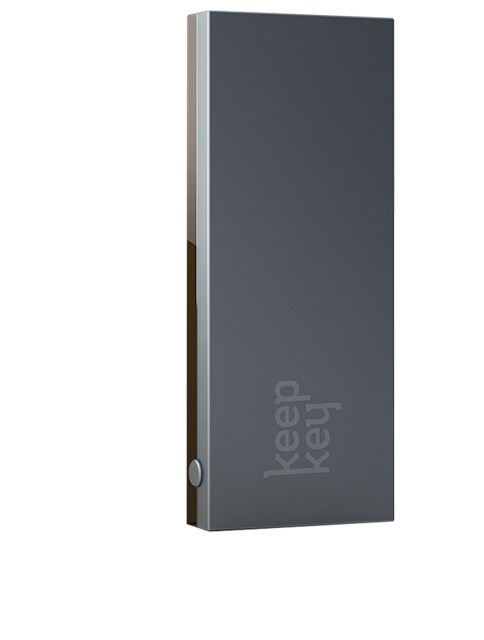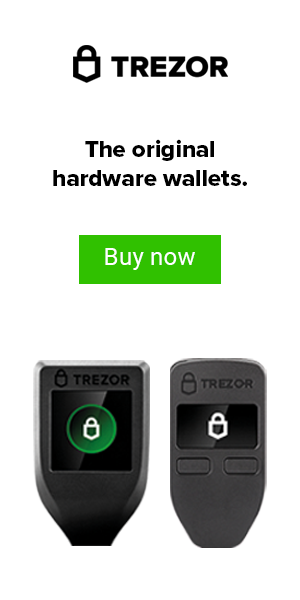Two of the most popular hardware wallets for Bitcoin and other cryptocurrencies, Ledger and Trezor, were found to still be secure against newly-discovered vulnerabilities on CPUs. In addition, the hardware cryptocurrency wallets are safe against Spectre attacks as well. This is a promising finding that shows, now more than ever, the importance of having hardware Bitcoin wallets to keep your funds safe while using cryptocurrency.
Cryptocurrency Hardware Wallets Safe Against Spectre and Meltdown
According to Chief Technical Officer Pavol Rusnak of Satoshi Labs, the reason that Trezor, in particular, is not vulnerable to the Spectre and Meltdown hardware attacks s because its processor isn’t affected by them. Rusnak also stated that the firmware is always signed, which means the wallet can never run code that is untrusted.
Additionally, Rusnak stressed that users should only have their hardware Bitcoin wallets for a limited amount of time because of the way Spectre attacks have affected cloud services that house a variety of cryptocurrency wallets and exchanges. Recently, a few cryptocurrency exchanges were taken offline after it was found that there are numerous vulnerabilities in Intel CPUs. In particular, Microsoft’s Azure cloud service was affected.
Nicole Perlroth, a cybersecurity journalist with the New York Times, reported that Spectre and Meltdown proved that it was possible for thieves to take advantage of flaws within the design of the entire memory of a computer and steal data.
Why are Hardware Wallets Recommended?
Bitcoin experts and hardware cryptocurrency wallet developers are recommending that users rely on hardware wallets instead of online platforms. Bitcoin Core developer Jonas Schnelli stated that users should not put all of their trust in their PC and that they cannot control private keys as well when relying on online platforms. He instead suggests that people switch to hardware wallets.
This is because hardware wallets allow users to fully control private keys. When a user initializes their wallet, they compose 12 to 24 words that make up a backup. Should there be an incident of hacking on the hardware wallet platform, the user can still access their funds and move them to a different wallet or a paper wallet. Online platforms, on the other hand, store the private keys on the user’s behalf and result in their centralization, which can result in a significant security threat.
Avoid Using Wi-Fi
It’s important to use your wits when trying to keep your funds safe when using Bitcoin and other types of cryptocurrency. The development team for Ledger, a popular cryptocurrency, recently posted a blog explaining why hardware wallets are not vulnerable to the issues found in Intel, AMD and ARM CPUs. The company stated that the cryptocurrency’s devices are unaffected by the attacks and that in order for the flaws to be exploited, an attacker would have to run an arbitrary code. The team further said that if only its embedded apps are used, the hardware wallets are not subject to the attacks. Users who are looking into getting a great quality hardware wallet may want to consider purchasing one from BitcoinLockup.com to keep their cryptocurrency fully secured.
It is also important to avoid using Wi-Fi while sending or receiving any cryptocurrency. This is because all modern devices in existence are impacted by the Spectre vulnerabilities.








